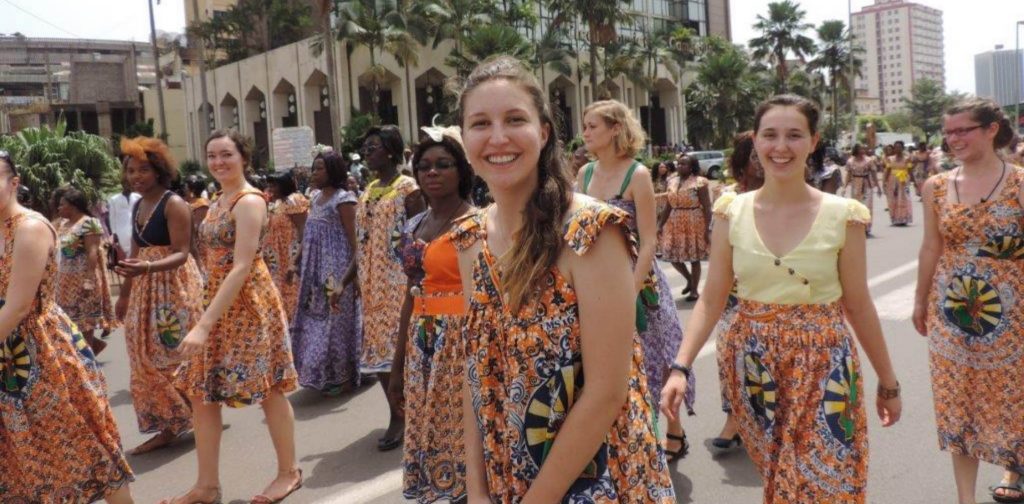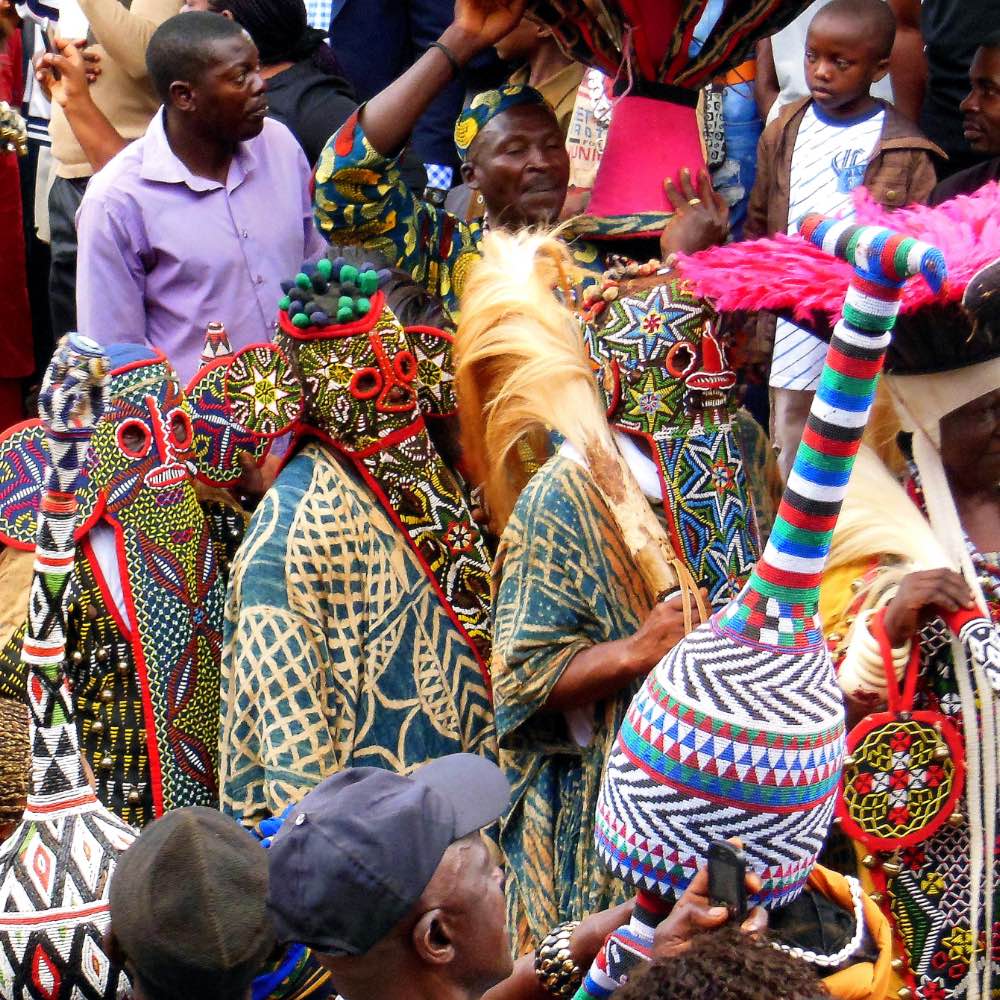This page provides intercultural information and perspectives to prepare you for study abroad experiences.
GENERAL
Always check out the Dickinson Center for Global Study and Engagement website (CGSE) for the most up-to-date information about study abroad options and to learn more about how to apply to our French-speaking programs in Rabat, Toulouse, and Yaoundé. You will also find on their website two Dickinson funded opportunities for student research abroad.
HUBICL.org is a website with several helpful tools for language learners and students considering studying abroad. This website has online classes related to intercultural learning and suggestions for studying abroad. There are also forums where students can ask questions about studying abroad and receive advice from others.
To learn about and manage questions about identity markers abroad such as race, class, gender, and religion, please click HERE for a general overview.
French, like other romance languages, is a gendered language. If you’re wondering how to make your French more gender inclusive, check out the article from Mots-Clés’ Manuel d’écriture inclusive! Click HERE to read the full article!
Three easy steps to using gender inclusive French are:
a. Agree in number and gender nouns relating to jobs, functions, titles, and rank.
b. Use masculine and feminine descriptors instead of using masculine generically.
c. Refrain from using general terms such as “homme” et “femme.”
CAMEROON
WHY STUDY DEVELOPMENT IN CAMEROON?
Cameroon, an ethnically diverse and rapidly changing country, is an ideal setting in which to study development. Alongside Cameroonian college students, you’ll discuss project sustainability, funding sources, and beneficiary involvement in project design and implementation with development experts and high-profile political leaders. Focusing on three major socio-cultural groups—Bamiléké, Bagyeli, and Anglophones—you’ll discover the complex relationships between development, modernization, and social change.

SIT and Dickinson College have partnered to create a one-of-a-kind, interdisciplinary study abroad program in Cameroon that provides the opportunity to study critical issues affecting communities and people in Cameroon, West Africa, and The Global South. SIT and Dickinson’s long presence in Yaoundé and dynamic on-site staff and faculty offer students opportunities to develop an understanding and appreciation of West Africa and of Cameroonian culture and society. This program is open to all students. Click HERE to read their on-site program.

FRANCE
Dickinson-in-France is a Dickinson-run program that started in Toulouse in 1986! Click HERE to read their on-site blog!
Students applying to study in a program in France can use the Campus Bourses search engine to find scholarships and financial aid. On the left of the screen, there are various categories that applicants can use to filter the results by selecting their nationality, education level, and area of study. By using this feature to filter the results, students can more easily search for scholarships for which they are eligible. Click HERE to try it for yourself!
Mieux se comprendre is an online video course in French that helps students develop intercultural competency skills. This is a great resource for students who worry about the culture shock involved in studying in France. Click HERE to view the course.
Americans in Paris is an episode of NPR’s This American Life that tells the story of several Americans who moved to Paris. This episode seeks to explain why these individuals chose to live in Paris and some of the cultural differences they have noticed since being there. Act Three of this podcasts focuses Janet McDonald and her experiences as a Black American living in Paris. Click HERE to listen to Act Three of Americans in Paris from NPR.
An interview with recent Brown University graduate Makedah Hughes provides information about Hughes’ experience studying abroad in France as a Jamaican American. She discusses the ways in which being Black in France is different from being Black in America. This article provides insight to students of color about perceptions of race in France and how they might differ from those in the United States. Click HERE to read the full interview!
MOROCCO
In progress